Iowa Democrats haven’t had much to cheer in recent years. But a string of strong performances in special legislative elections this year — vastly outdoing 2024 Democratic presidential nominee Kamala Harris’ results in all of them — are fueling hope that the party could flip some major Republican-held offices in next year’s midterm elections.
Democrats had already expressed excitement about their prospects in next year’s races for governor and U.S. Senate as well as over two competitive House races.
Meanwhile, Democratic candidates in a quartet of off-cycle, special legislative races saw double-digit improvements over Harris’ 2024 vote share, the most recent political baselines in those districts. As of Tuesday night, that streak now includes a win that flipped a Republican seat to break the GOP supermajority in the state Senate. Party members and candidates are eager to connect the stretch to voters’ views of President Donald Trump and their overall chances in a one-time swing state that has tilted ruby-red in the Trump era.
“Iowa voters have watched as Trump’s tariff tax fiasco has hurt farmers and the GOP’s Medicaid cuts have put their community’s hospitals in jeopardy — all while Iowa Republicans have buried their heads in the sand,” Democratic Legislative Campaign Committee President Heather Williams told NBC News. “Working families across the Hawkeye state know they deserve better, which is why they’re turning to state Democrats who are willing to stand up to Trump’s disastrous policies, even in red districts he carried by double digits last November.”
Republicans say, however, that it’s easy to wave away such predictions, citing the extremely low-turnout in sleepy off-year, down-ballot, special elections.
They also noted how much effort and resources Democrats pumped into those races — and how strongly Republican the state has trended over the last two decades, with an established record when full electorates are turning out for regular campaigns.
“I think it’s a mistake to read too much into these special elections, because the turnout is so low — and when the Democrats are particularly motivated,” said David Kochel, a Republican strategist in Iowa. “I would caution anyone who tries to read too much into any of these special elections. They’re so poorly representative of what the overall vote in Iowa might look like in 2026.”
“Iowa is still a Republican state. It’s going to be a Republican state,” he added.
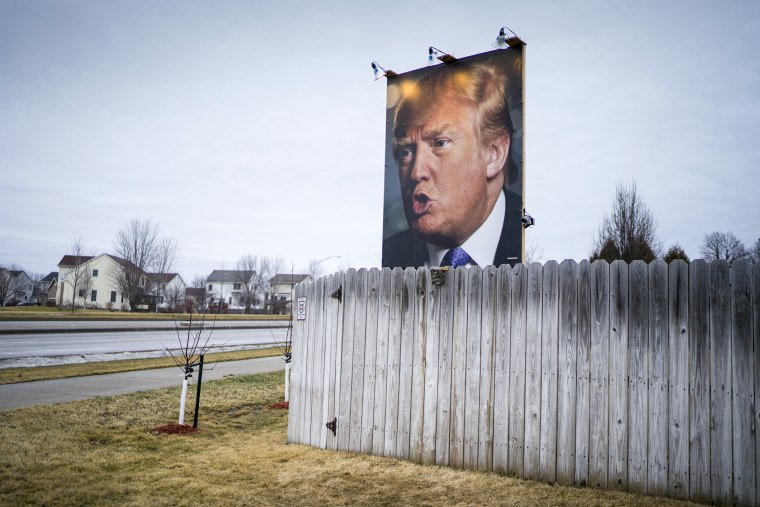
In Tuesday’s special election victory, Democrat Catelin Drey won a Sioux City-area district with 55% of the vote to Republican opponent Christopher Prosch’s 45%, according to unofficial results with all precincts reporting. That’s a 22-point shift from the margin the 2024 presidential election, when Harris lost the district by 12 percentage points, according to data crunched by The Downballot, a left-leaning political site.
Democrats saw double-digit improvements in three other special legislative elections in Iowa earlier this year. In April, Democrats held a seat in a special legislative election in a reliably blue Cedar Rapids district but expanded on Harris’ margin of victory in 2024 by 26 percentage points, according to The Downballot’s analysis.
In March, Democrats lost a special legislative race in a safe GOP district in southeastern Iowa — but only by 3 percentage points in a district that Trump had carried by 27 percentage points in 2024, that analysis showed.
And in a January special Senate election, Democrats flipped an eastern Iowa district by 4 points, after Trump had won that territory by 21 percentage points in 2024, according to The Downballot.
The special elections precede a busy midterm year in 2026. Next year, there is an open race for governor in the state, with Republican Gov. Kim Reynolds not seeking a third full term. The nonpartisan Cook Political Report with Amy Walter rates the contest “Lean Republican.”
Multiple candidates are running in the primary on both sides. Iowa Auditor of State Rob Sand is seen as the Democratic frontrunner. On the Republican side, Rep. Randy Feenstra, R-Iowa, is seen as the Republican frontrunner, having out-raised all of his opponents in the first half of the year. Feenstra hasn’t formally launched his campaign, but has formed an exploratory committee and said that he would formally announce in September.
Iowans haven’t elected a Democratic governor since 2006.
There are also two House races in Iowa that are expected to be competitive.
In Iowa’s 1st Congressional District, which encompasses a southeastern chunk of the state, incumbent Republican Rep. Mariannette Miller-Meeks faces a competitive road to re-election. Miller-Meeks won her 2024 race over Democrat Christina Bohannan by just under 800 votes, and Bohannan is among the Democrats running for the seat next year. Cook rates the 2026 race as a “toss-up.”
In Iowa’s 3rd Congressional District, centered around Des Moines, incumbent Republican Rep. Zach Nunn could also face a competitive race. Nunn won his 2024 race by 3.8 percentage points after having flipped the seat in the 2022 midterms. Several Democrats have already jumped into the race, or have signaled they will. Cook rates the 2026 race as “Lean Republican.”
Sen. Joni Ernst, R-Iowa, is up for re-election next year, too, though she hasn’t yet announced whether she is running again. Cook rates her race as “Likely Republican.”
Iowa hasn’t sent a Democrat to the Senate since 2008.
Trump won Iowa in 2024 by more than 13 percentage points and in 2020 by more than 8 percentage points.
Despite that recent record, several Democratic candidates in Iowa were eager to say their gains in the recent slate of special elections were part of a broader trend in the state they said was feeding their optimism.
“It really confirms what we’ve been seeing and feeling on the ground here for the last couple of months,” said Bohannan. “Iowans are ready for change. They are absolutely fed up with the status quo.”
Democrats’ gains are “a really great sign that Iowans are fed up, and they’re ready for something better and something different,” said state Sen. Sarah Trone Garriott, who is running in the 3rd District.
But only a slice of the voters who participate in national elections showed up for the recent races in Iowa.
For example, just 7,600 voters cast ballots in the Drey race, according to the unofficial results — only 24% of all eligible voters. That’s compared to the more than 14,000 who cast ballots in the last regular general election for that state Senate seat, in November 2022.
Republicans also pointed to the great lengths — with regard to volunteers and door-knockers — that Democrats went to to help turn out their voters.
“A special election doesn’t necessarily indicate anything for the next election cycle, because voter turnout is so different in a special election,” a national Republican operative familiar with Iowa politics told NBC News. “Democrats spent a ton of money, they flew in volunteers, they rushed the gates on this just to try and make a point,” the operative added.
Jeff Kaufmann, the Iowa GOP chair, added, “National Democrats were so desperate for a win that they activated 30,000 volunteers and a flood of national money to win a state Senate special election by a few hundred votes.”
Many Democrats, for their part, also acknowledged that they would have to do more to continue their successful streak into the midterms in Iowa.
“It’s a snapshot in time. I don’t think we should put all of our stock in it,” Debbie Cox Bultan, the CEO of NewDEAL, a left-leaning political strategy firm. “It’s encouraging but absolutely we cannot rest on our laurels and think, we’re going to get there only by people voting against Trump. We’ve got to give them something to vote for.”
One Democratic strategist in Iowa attributed the party’s gains in recent local special elections to the fact that “people are not happy with the direction that the state is going,” while it’s under GOP control — but added that Democrats’ over-performance in recent Iowa state legislative elections are “not necessarily indicative of the national environment.”
But Drey’s win Tuesday “signals the fact that Iowans are looking around” for change, the strategist said. The strategist noted that the recent special election wins were all in places that are not traditional Democratic strongholds — and noted the crowds that Sand, the gubernatorial candidate, has been getting.
Sand has notched rare statewide wins for his party in recent years. But claiming the governorship — and making other gains in the state — would need another level of shift in Iowa.




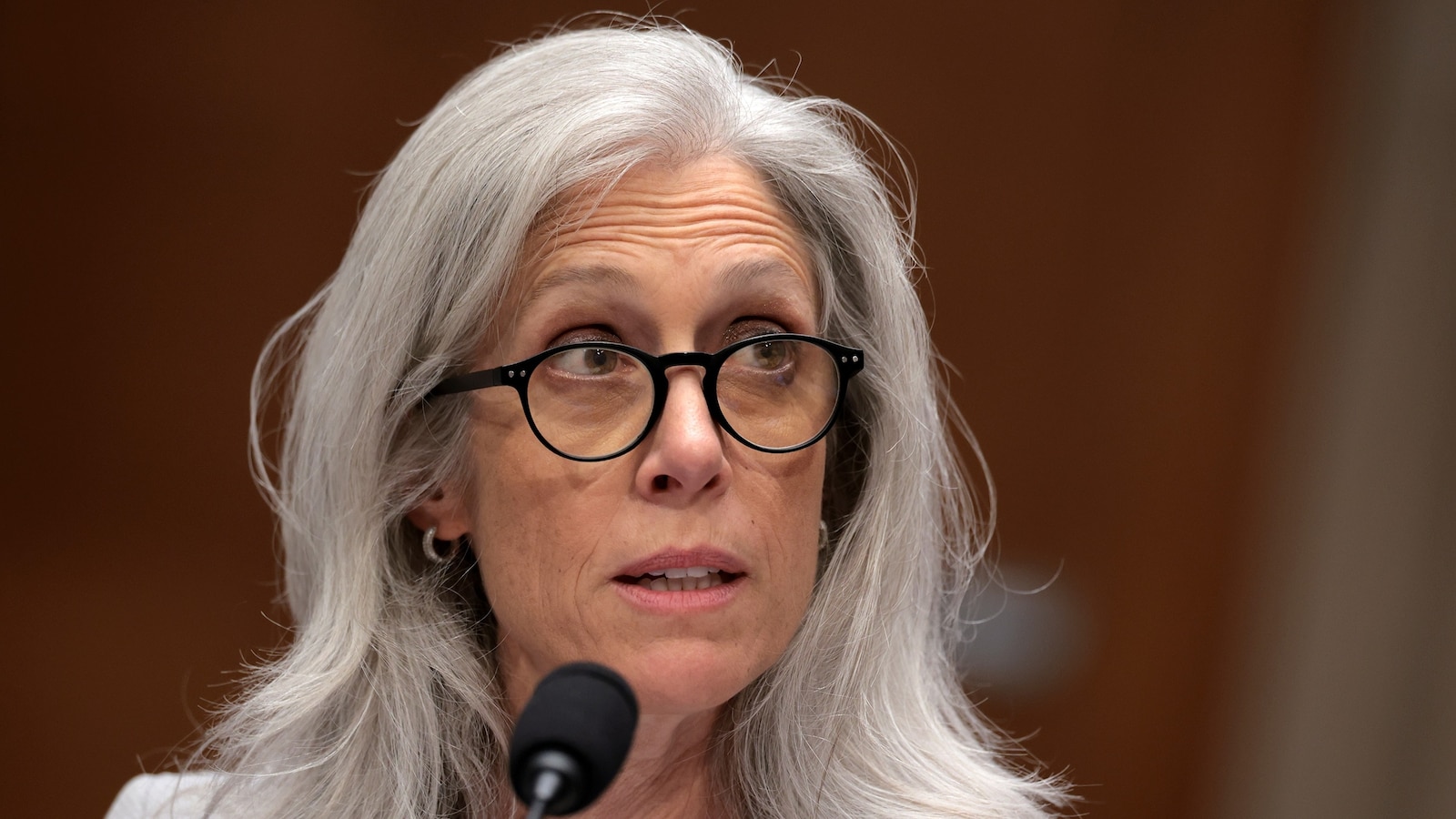



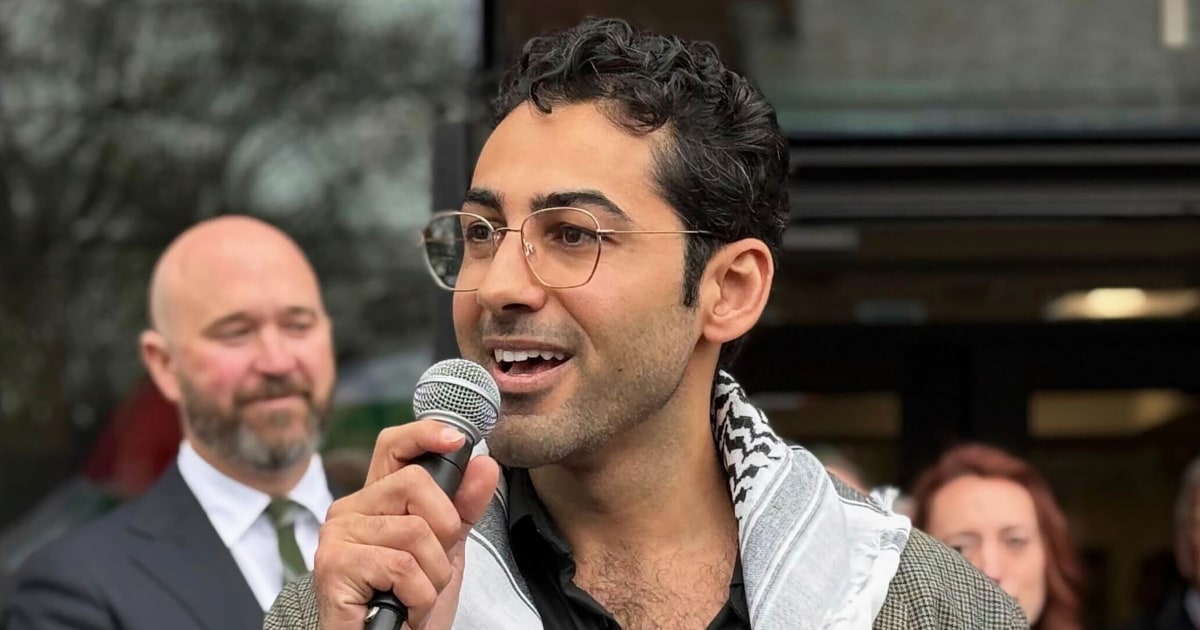
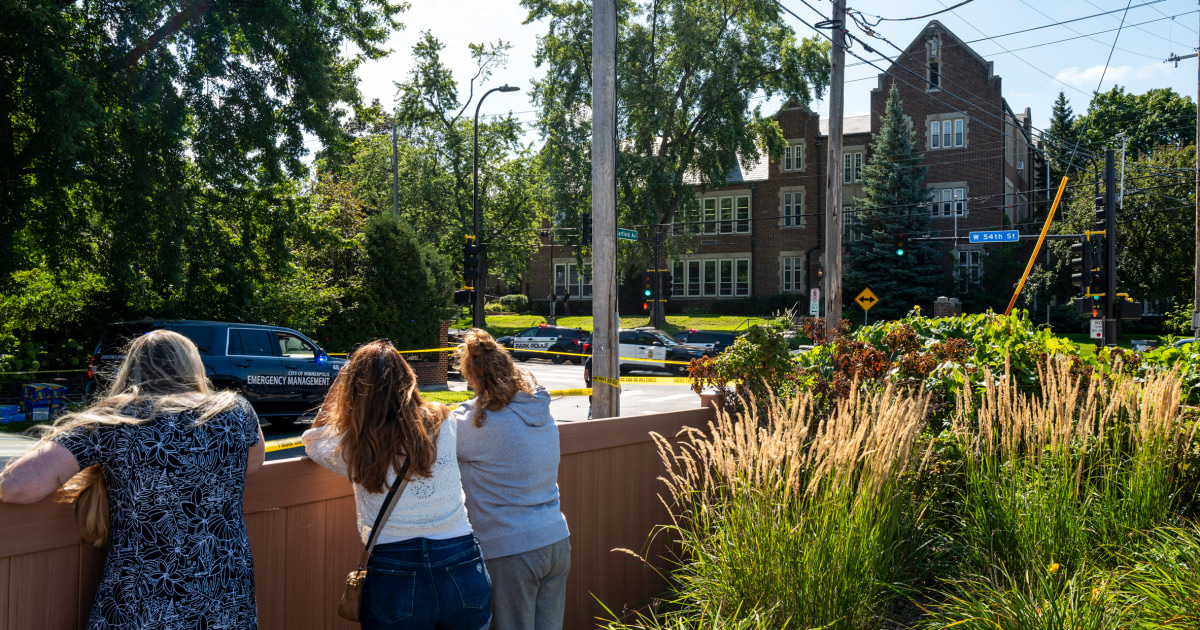
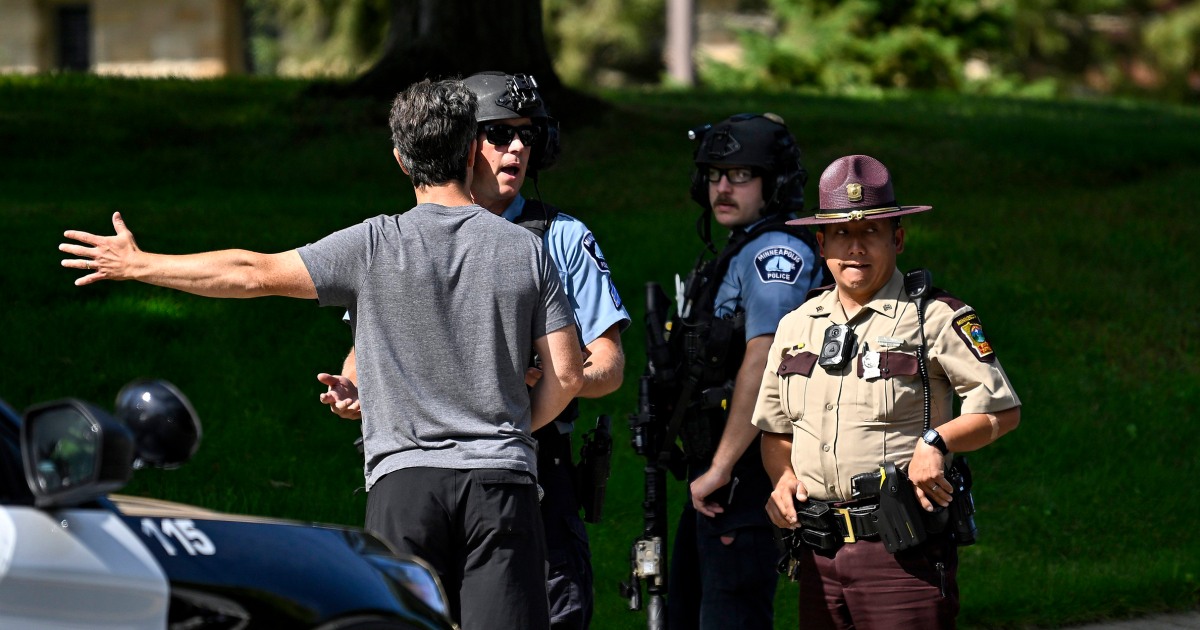

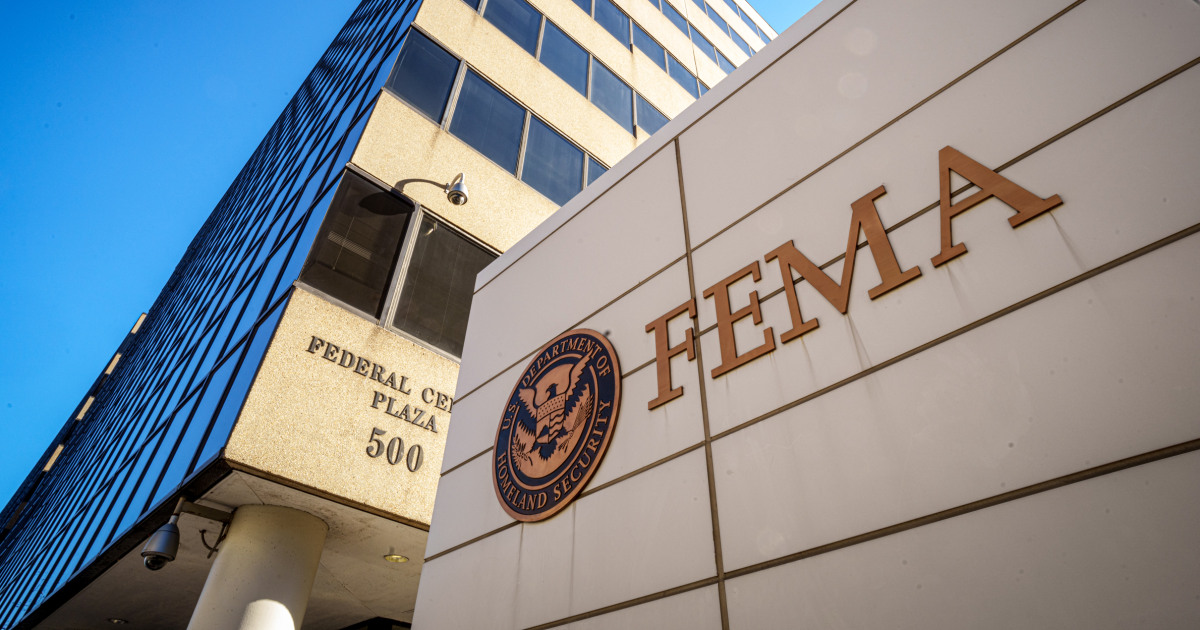
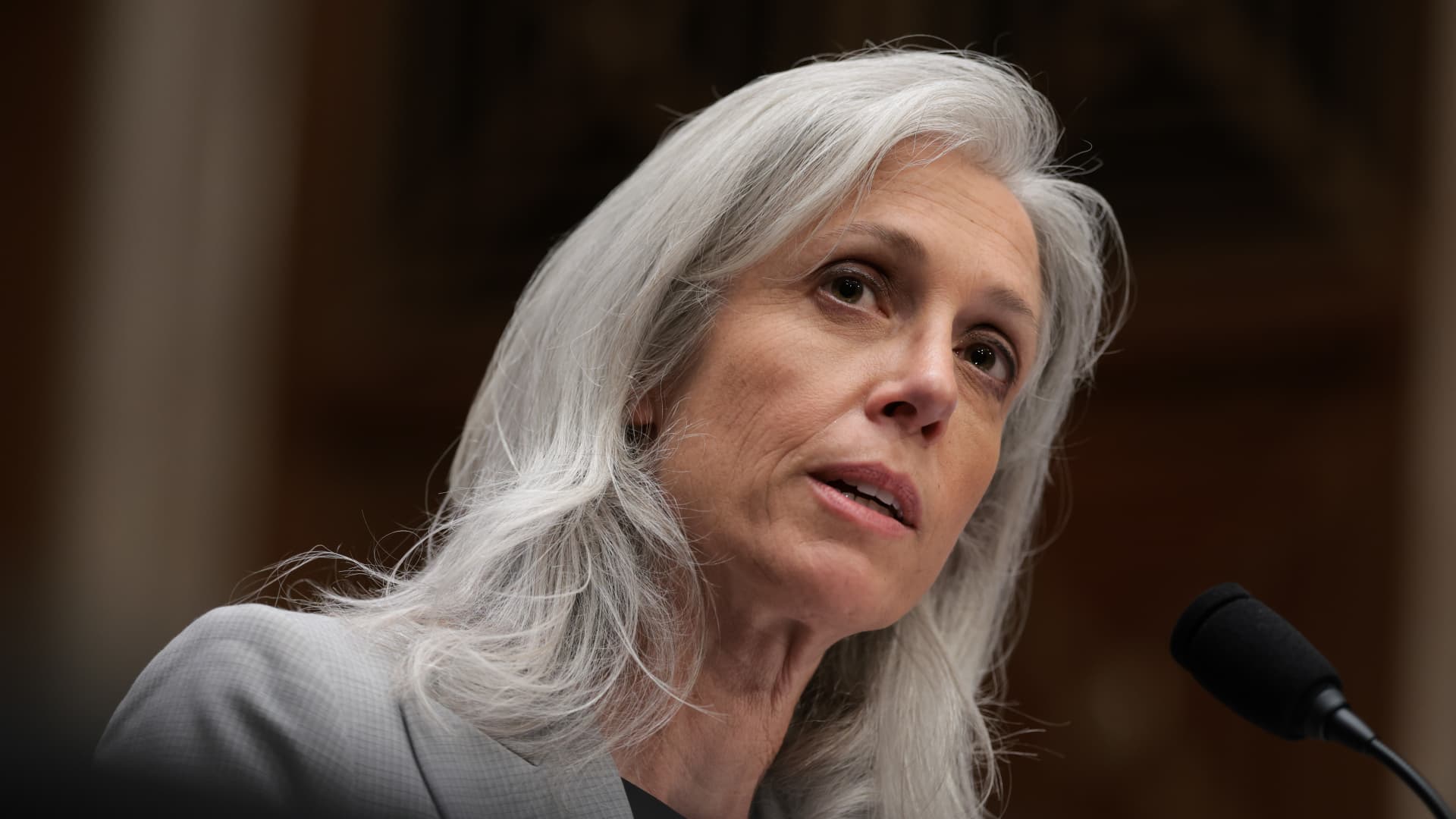

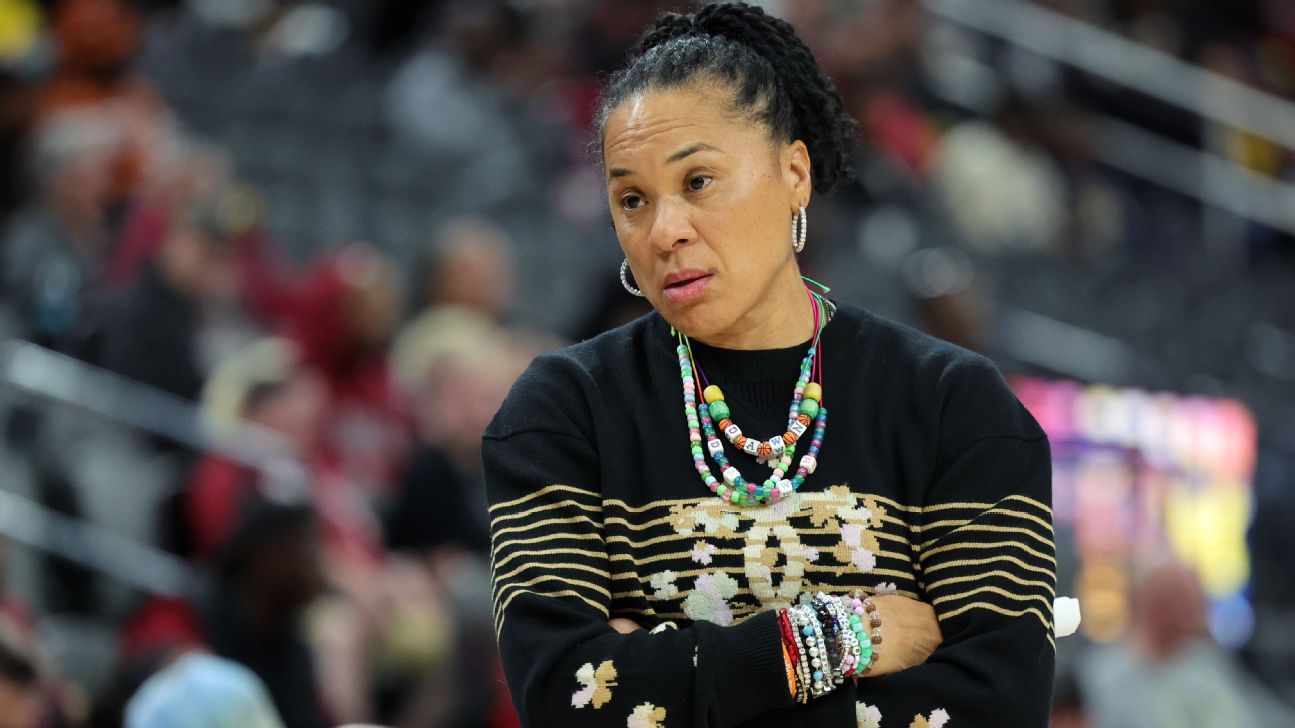

Leave a Reply